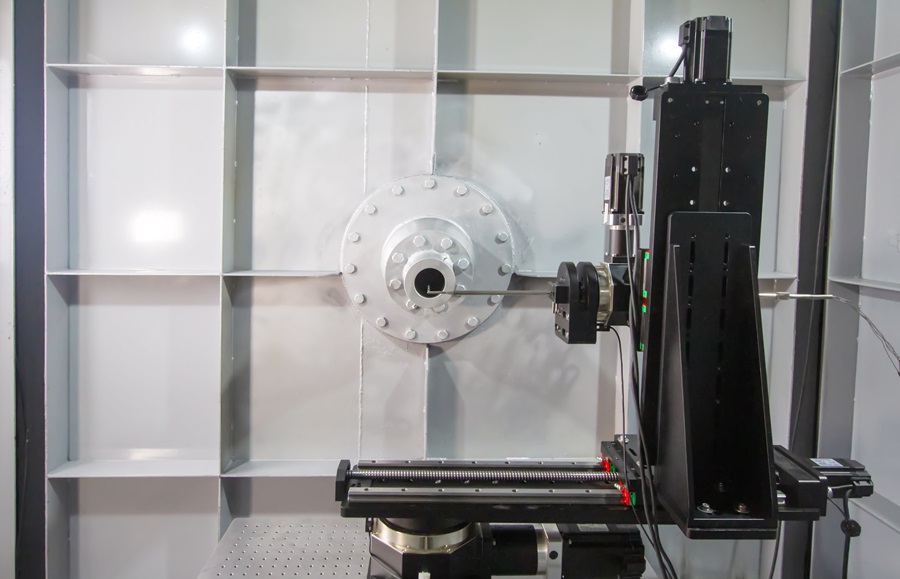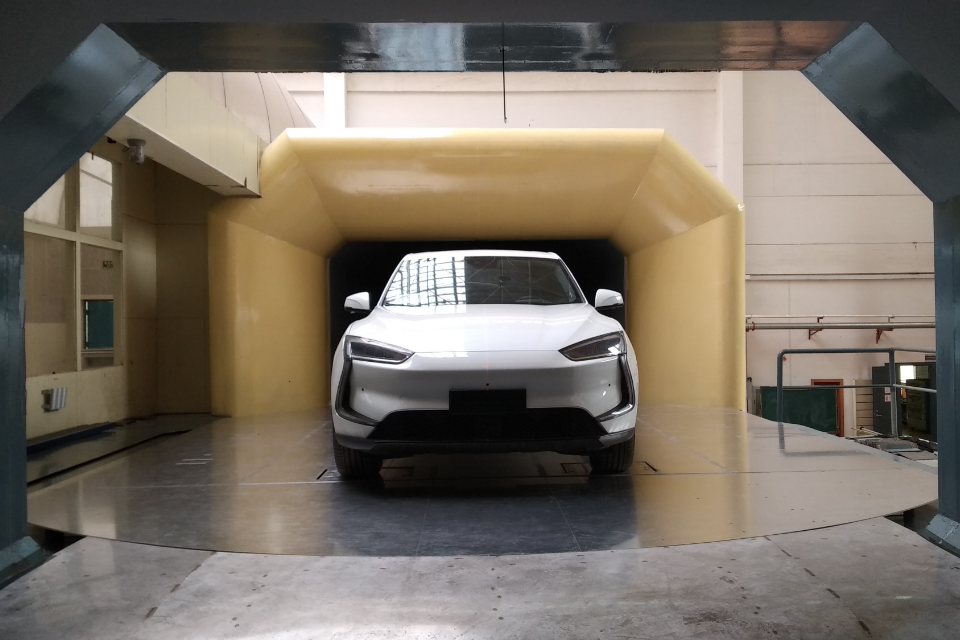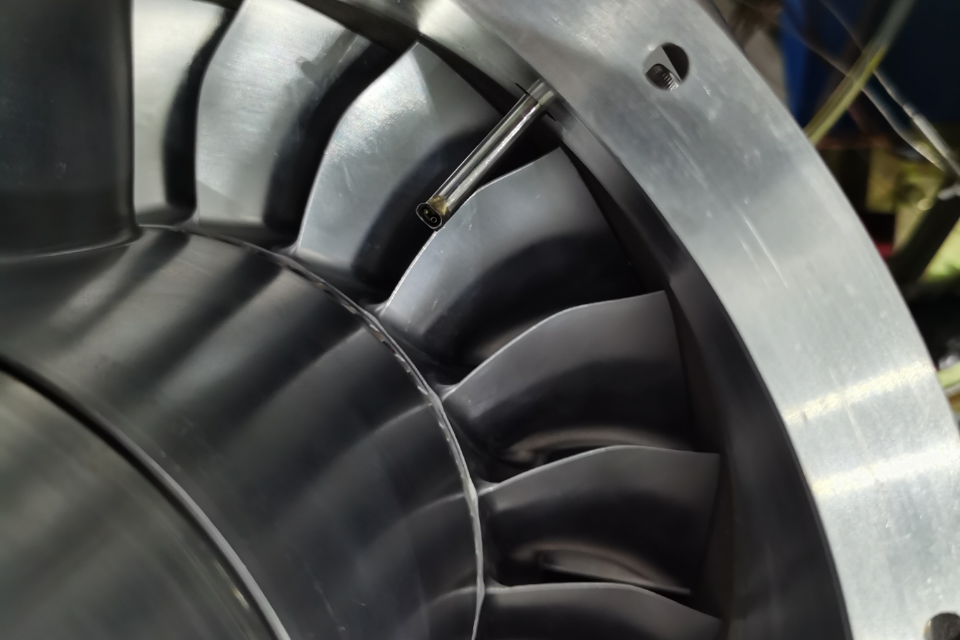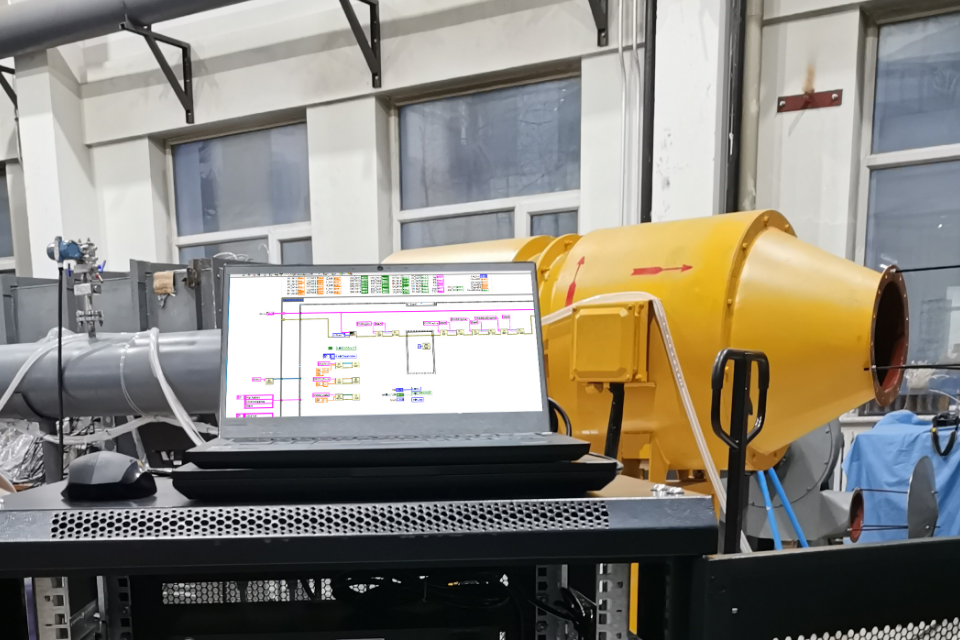I. Guarantee of Data Accuracy
Wind tunnel laboratories provide valuable aerodynamic performance data for fields such as aerospace, automotive manufacturing, and architectural design by simulating the airflow environment under real or specific conditions. However, any minor measurement error may lead to deviations in the experimental results, thereby affecting the performance evaluation and design optimization of the product. Therefore, regular and strict calibration of the wind tunnel laboratory is a necessary means to ensure the accuracy of the experimental data.
Ii. Research Foundation for Technological Innovation
In the field of flow field measurement and control, the optimization of aerodynamic performance has become a key factor in enhancing the competitiveness of products. The accuracy of wind tunnel laboratory calibration is directly related to whether researchers can accurately observe the performance bottlenecks of products and thus carry out targeted improvements and innovations. Therefore, the calibration of wind tunnel laboratories is not only a guarantee of data accuracy, but also the foundation for promoting technological innovation.Iii. Compliance with industry standards and Regulations
In highly regulated industries such as aerospace, the experimental data from wind tunnel laboratories often need to comply with strict industry standards and regulatory requirements. Through calibration, it can be ensured that the measurement methods, equipment accuracy and other aspects of the wind tunnel laboratory all meet the standard requirements, thereby avoiding legal risks and commercial losses caused by non-compliant data.Iv. Enhance international Competitiveness
Under the background of globalization, the competition among enterprises and scientific research institutions of various countries in the high-tech field is becoming increasingly fierce. Having high-precision and high-efficiency wind tunnel laboratory calibration capabilities not only helps enhance the independent research and development capabilities of domestic enterprises, but also enables them to gain an advantageous position in international cooperation and competition. Therefore, strengthening the calibration work of wind tunnel laboratories is of great significance for enhancing China's competitiveness on the international scientific and technological stage.Windtuner calibration wind tunnel Laboratory, as a relatively well-known private laboratory in China, was the first to obtain CNAS accreditation, highlighting its professional strength and status. Windtunercalibration The wind tunnel laboratory has the ability to calibrate key equipment such as pneumatic probes and pressure scanning valves, and has accumulated rich industry experience. What is more worth mentioning is that Windtuner has meticulously established three calibration wind tunnels, namely subsonic, supersonic and low-speed, to fully meet the research and testing needs of different fields and lead the technological innovation and development of the industry.
















